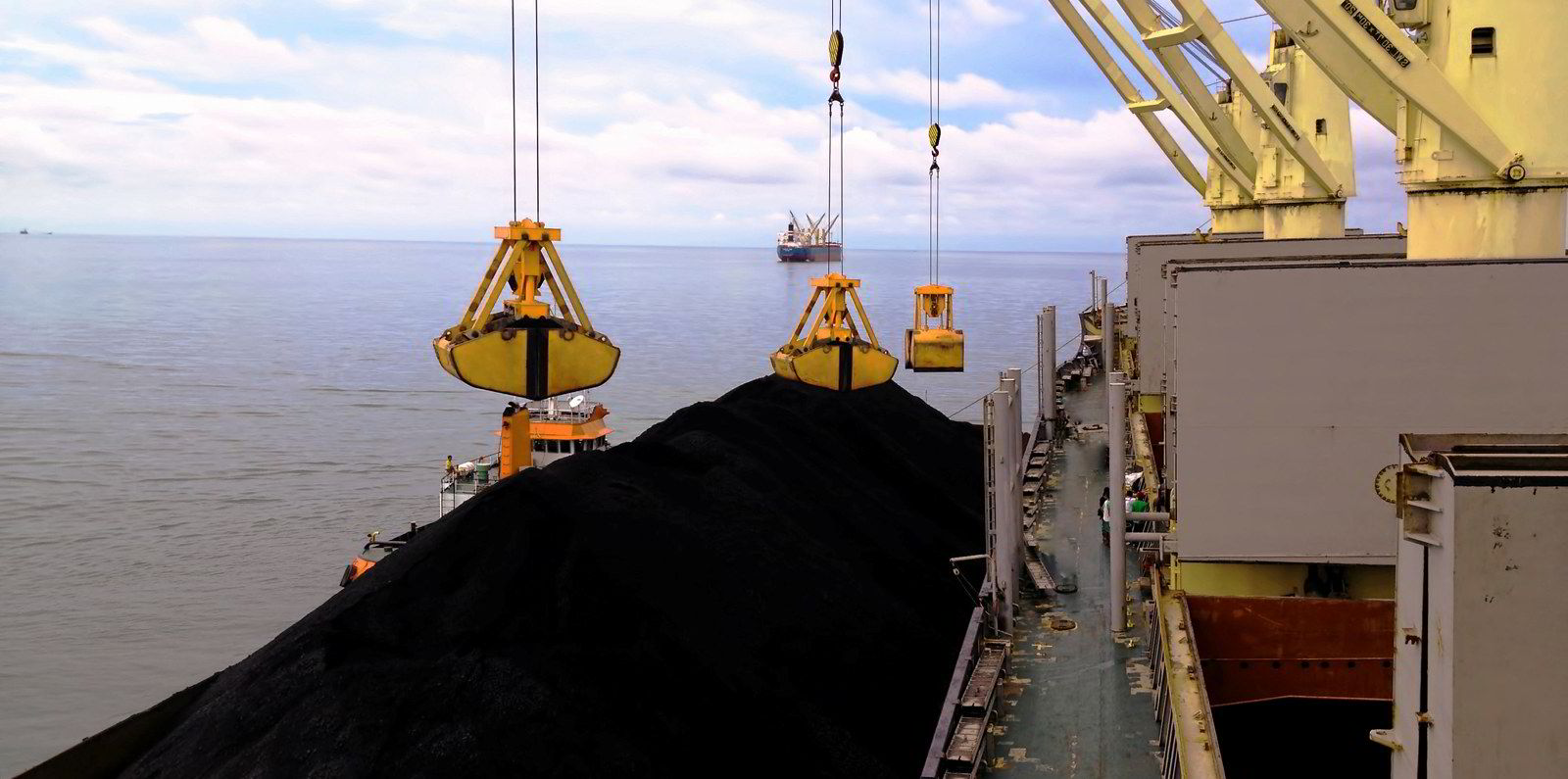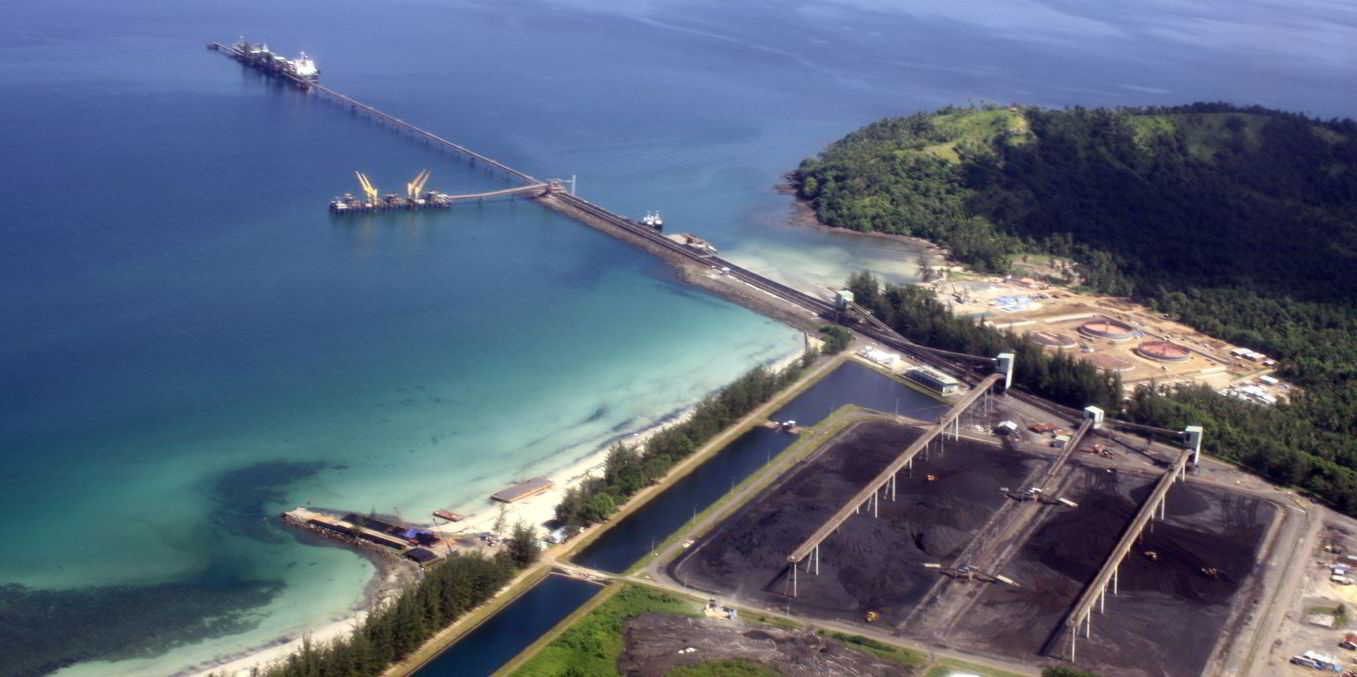Indonesia's one-month ban on coal exports has been confirmed by sources in Singapore, but analysts are already questioning whether it will last.
The Ministry of Energy & Mineral Resources (ESDM) issued a policy that prohibits all Indonesian mining companies from exporting coal between 1 January and 31 January 2022, Singapore-listed Golden Energy & Resources said in a regulatory filing.
"ESDM stated that the temporary ban is due to concerns over critically low inventories at domestic power plants in Indonesia, which could lead to widespread blackouts in the country," the company said.
"ESDM subsequently informed that it is currently evaluating and reviewing this temporary ban, based on the realisation of the coal supply to domestic power plants companies."
Since 2018, Indonesia has enforced the Domestic Market Obligation regulation, which requires that a minimum of 25% of mining production be sold for domestic purposes.
In the first 11 months of 2021, the country exported 298.7m tonnes of coal, according to vessel tracking data — a 5.1% year-on-year increase.
Some 44% was shipped to China, 15% to India, 6% to Japan, 6% to Malaysia and 6% to South Korea.
While volumes to China were up 47.7% year on year, those to India and Japan were down 27.5% and 19.4% respectively.
"The overall trend in 2021 was much more to China, much less to India and Japan, primarily as a consequence of the Chinese ban on Australian coal," Banchero Costa's Singapore-based head of research, Ralph Leszczynski, told TradeWinds.
"As a result of their own policies, China tried to maximise Indonesian imports, whilst Australian coal ended up in India and Japan, which worked out as positive for shipping from a tonne-mile point of view.”
Leszczynski described the export ban as "huge", as Indonesia accounts for 28% of global coal exports.
"If you consider that coal in general is about 30% of all dry bulk shipping volumes, then Indonesian coal is by itself about 10% of all dry bulk shipping demand," he said.
However, he believes there might be a silver lining for shipping, as sky-high coal prices make shipping costs less significant.
"This ban might encourage long-haul exports from more far-flung places like Colombia and the US as they become more competitive price-wise," he said.
But some analysts have questioned Indonesia's record when it comes to export bans on commodities.
"At this point, I'm quite used to puzzling announcements coming out of Indonesia, and they more often than not end up doing U-turns once they realise the implications of what they have done," one source told TradeWinds.
"Like the idea they had a few years ago to allow coal exports only on Indonesian-owned ships. Obviously, nothing came out of that. And all those bans on bauxite and nickel ore exports backfired spectacularly."
Clarksons Platou said: "If China doesn't remove the ban on Australian coal exports, seaborne coal imports are likely to come from South Africa or the Americas.
"However, with the elevated Chinese coal production and the ban only lasting for one month, the impact for China may be limited."
Other Asian countries could increase imports from Australia to satisfy demand, the investment bank believes.
"As a result, the export ban could have a positive ton-mile effect, since the coal needs to be transported a longer distance. However, the positive ton-mile effect will most likely not compensate for the expected lower volumes," Clarksons Platou said.
Indonesian mining companies are trying to solve the supply challenge with "other measures", it added, with the government due to re-evaluate the decision on Wednesday.







